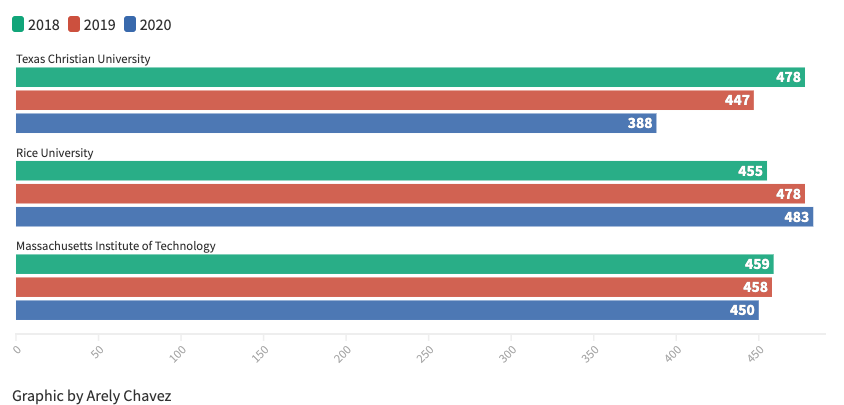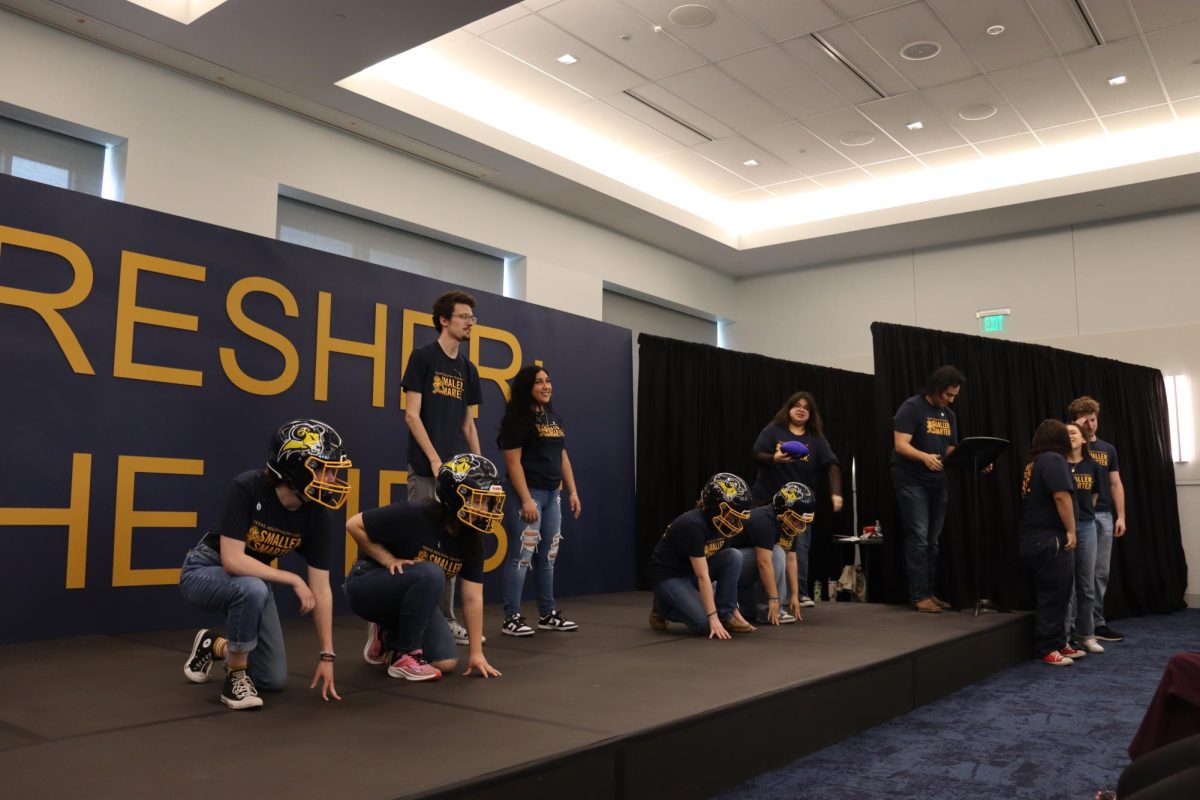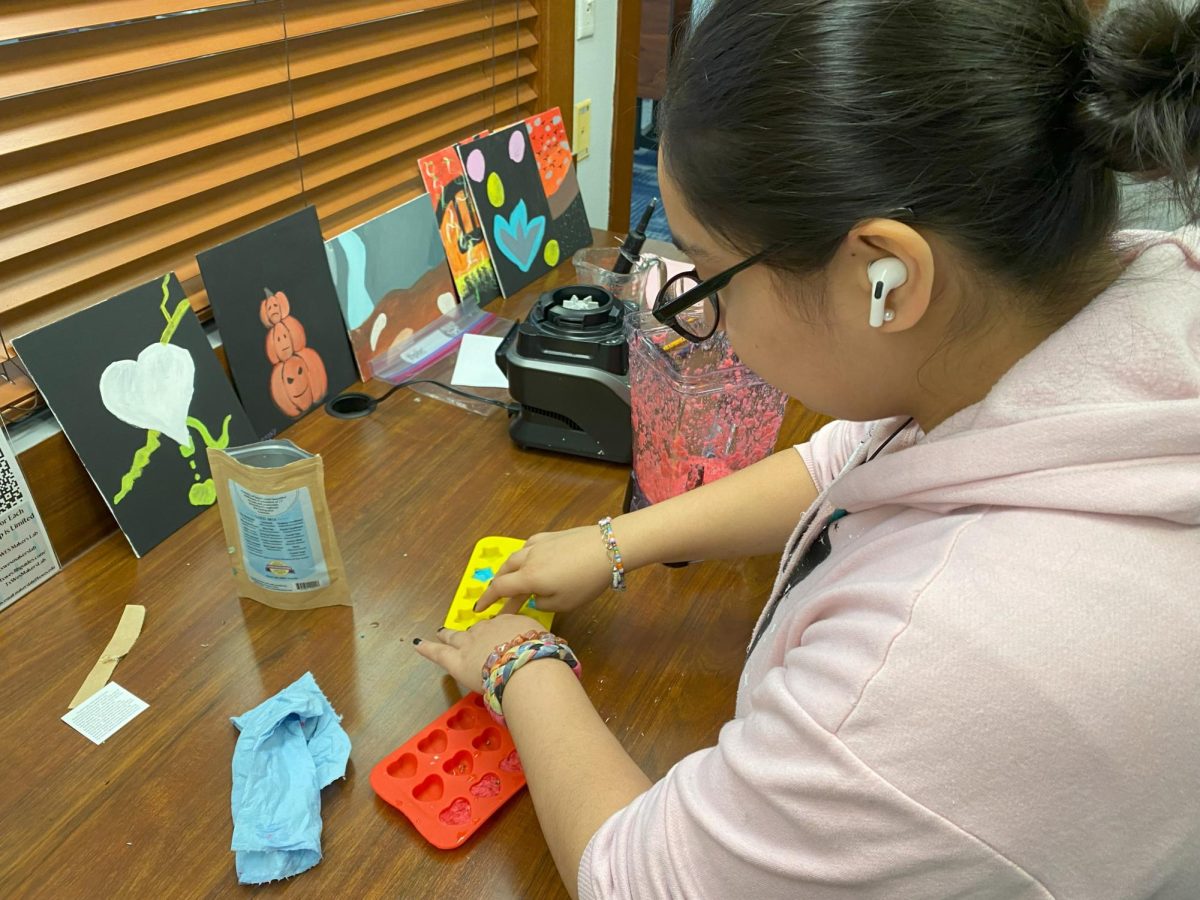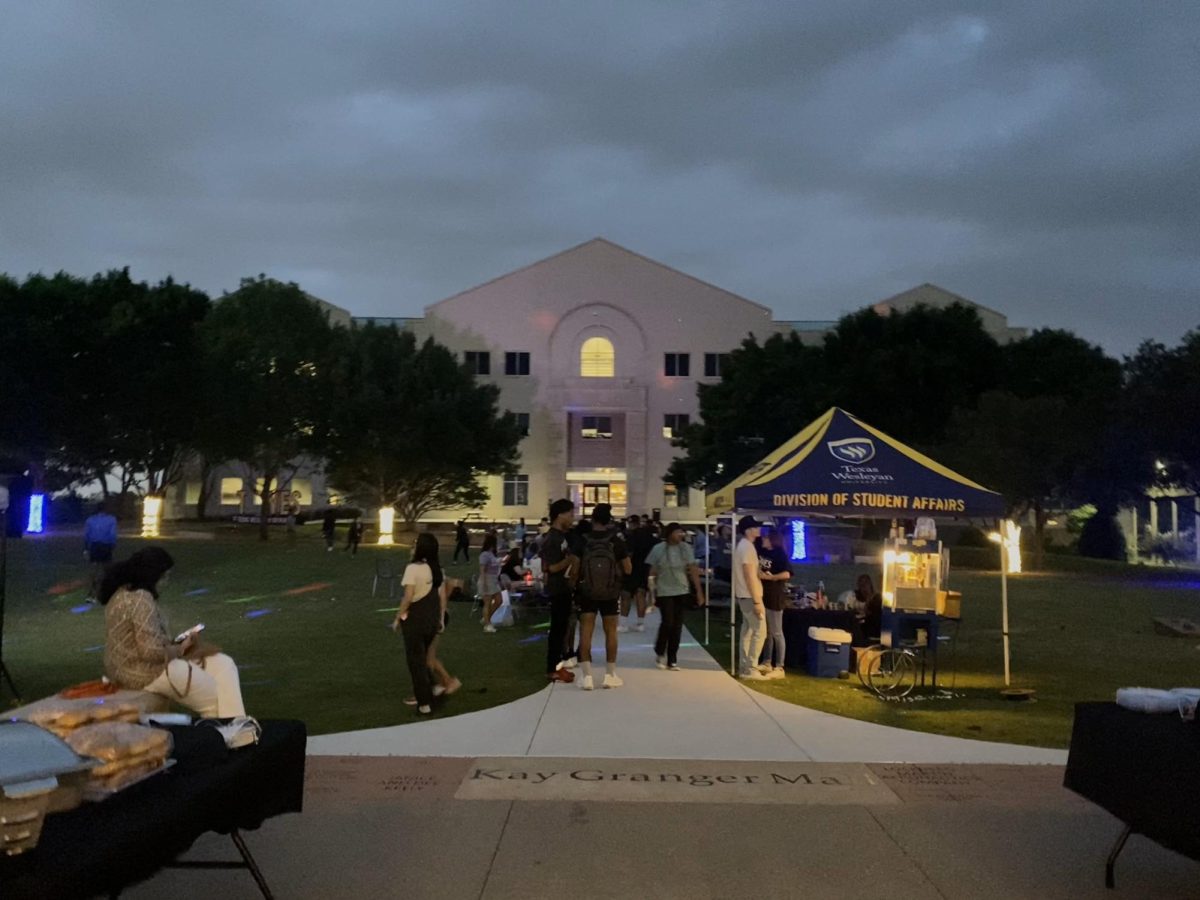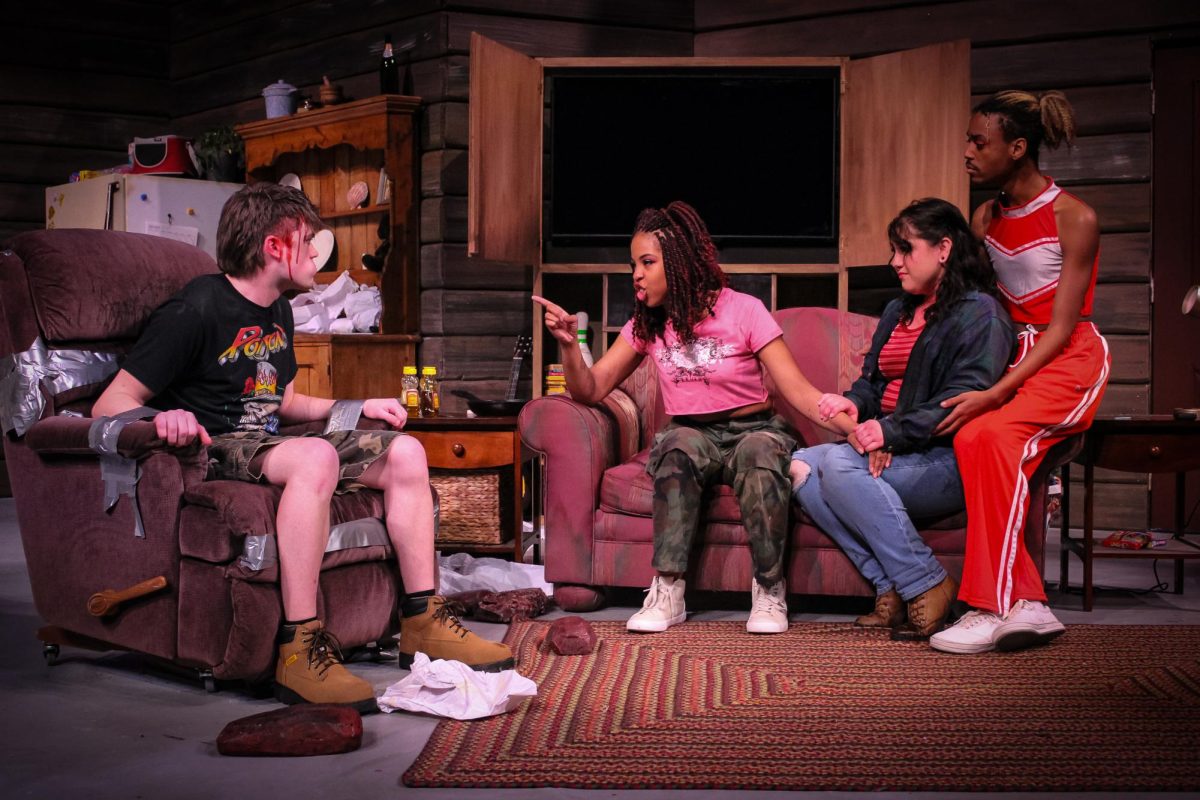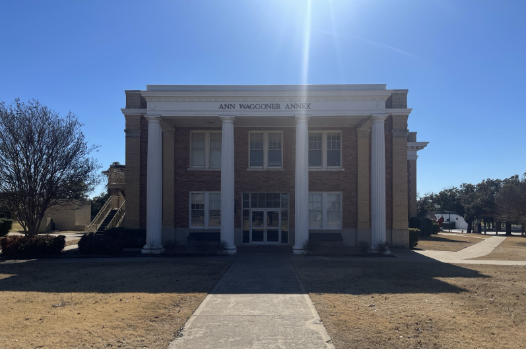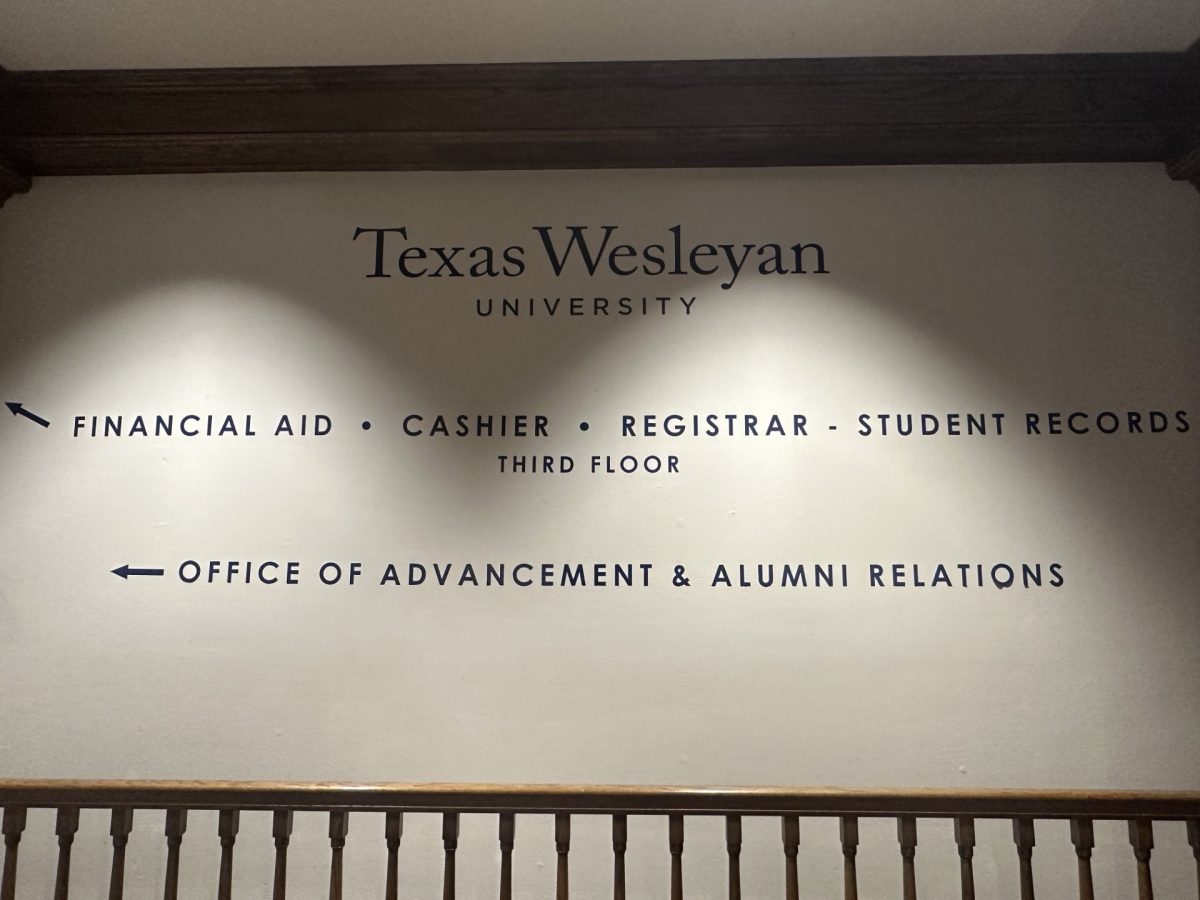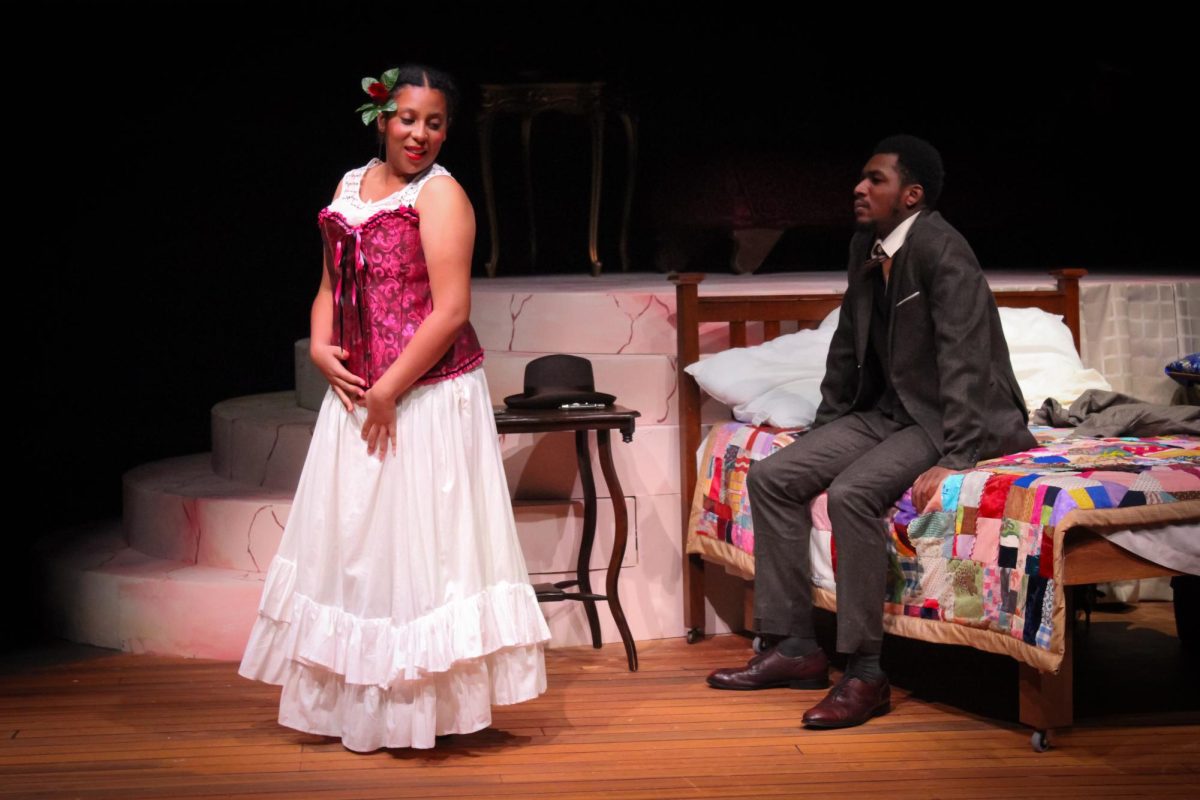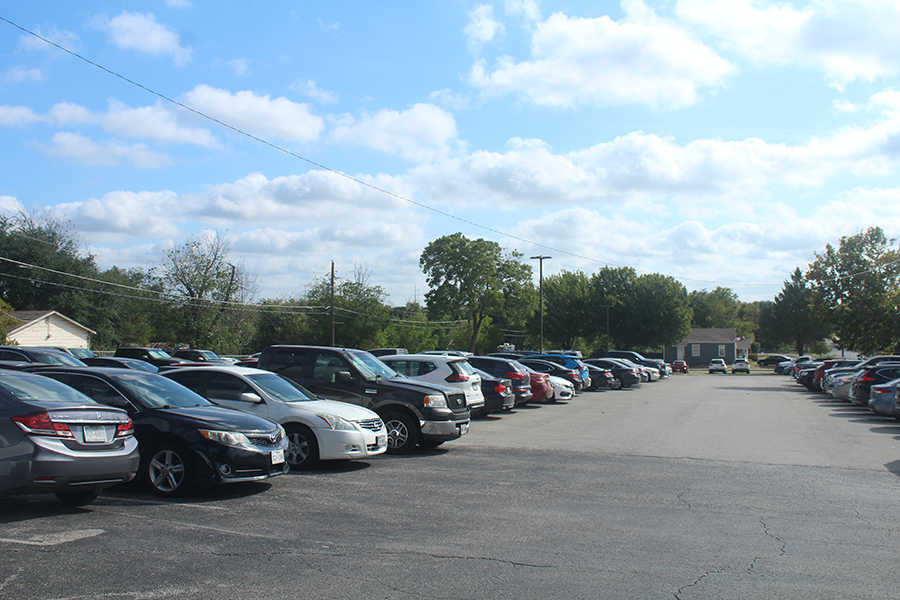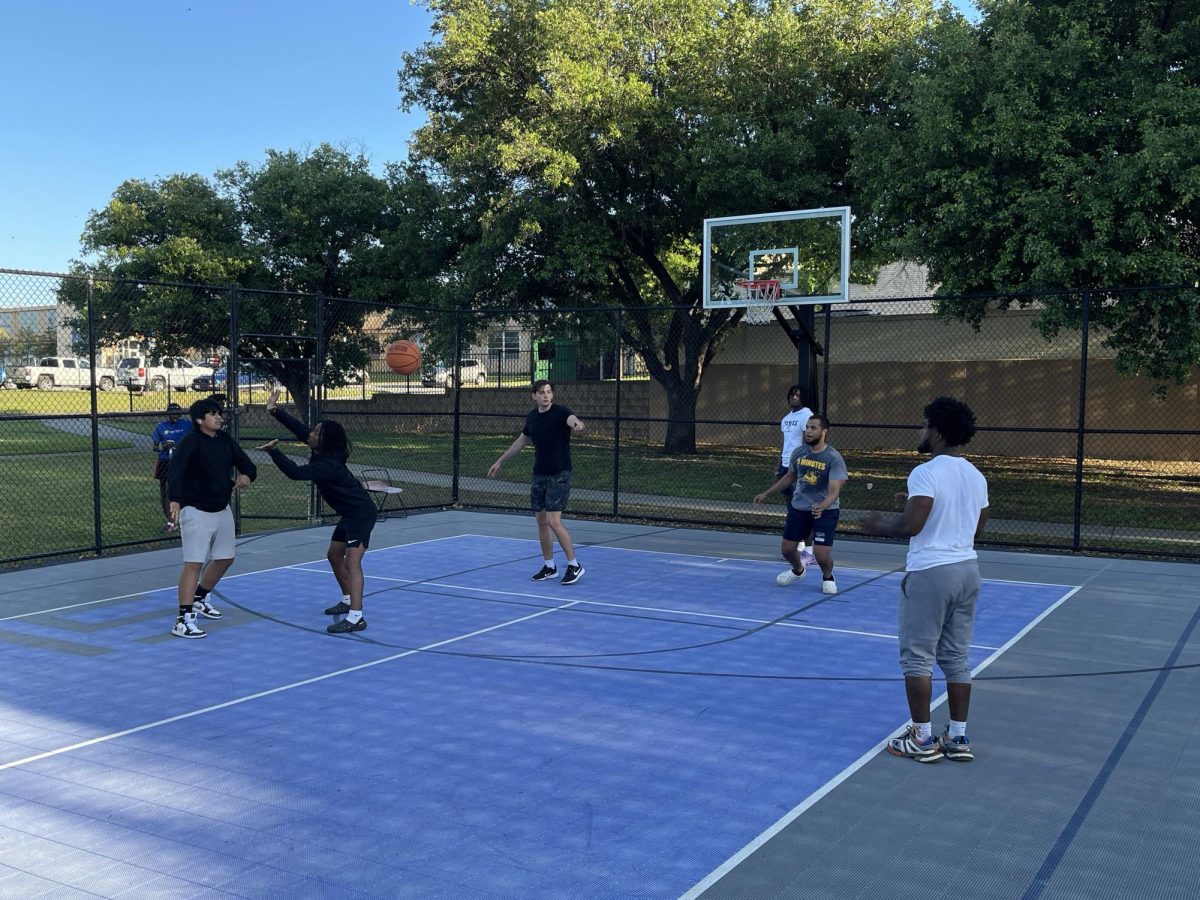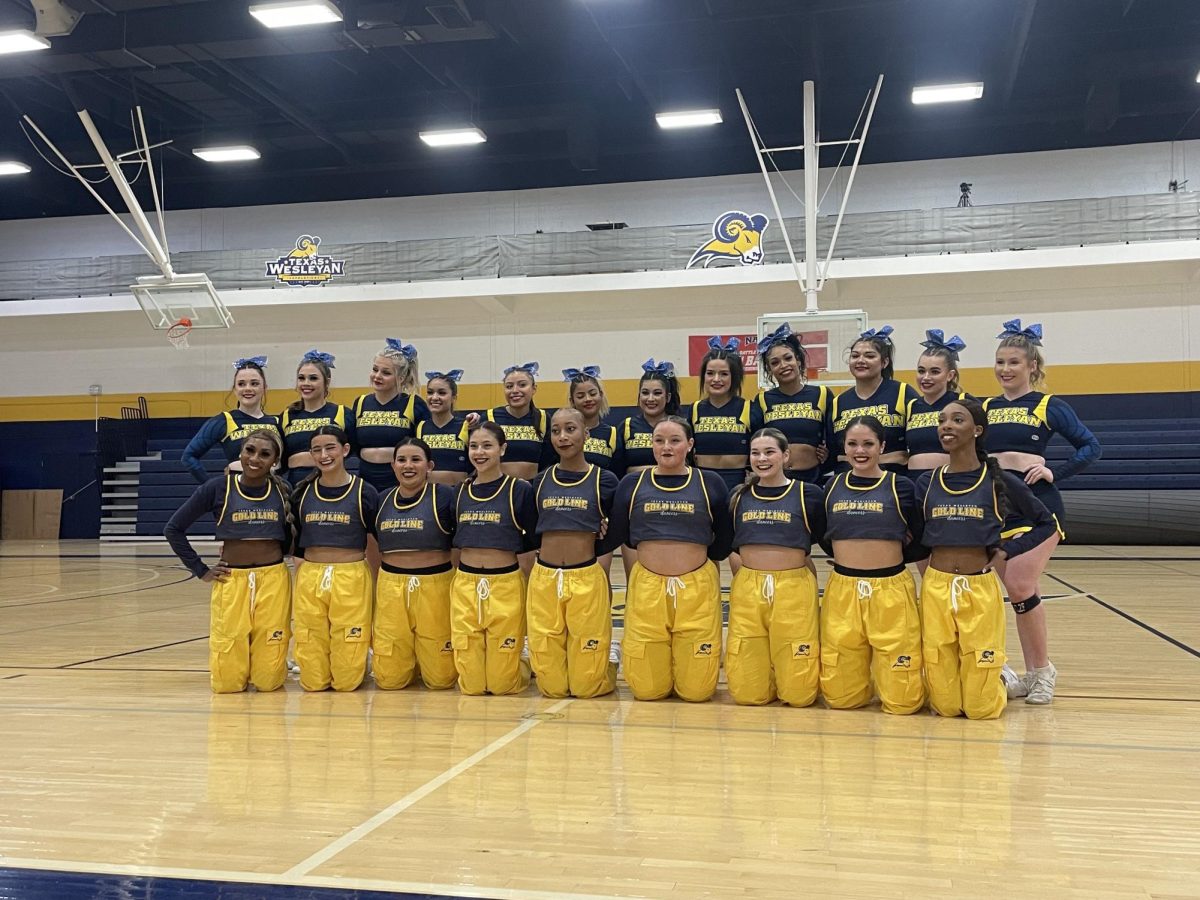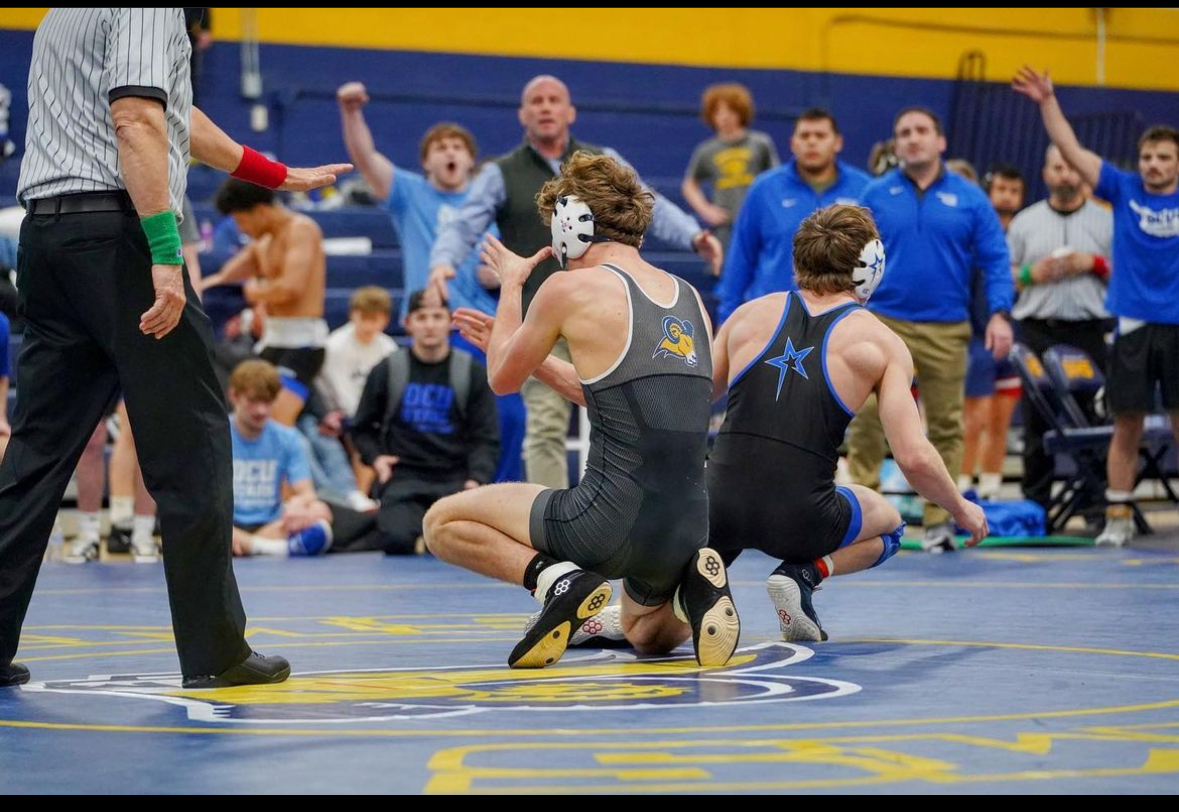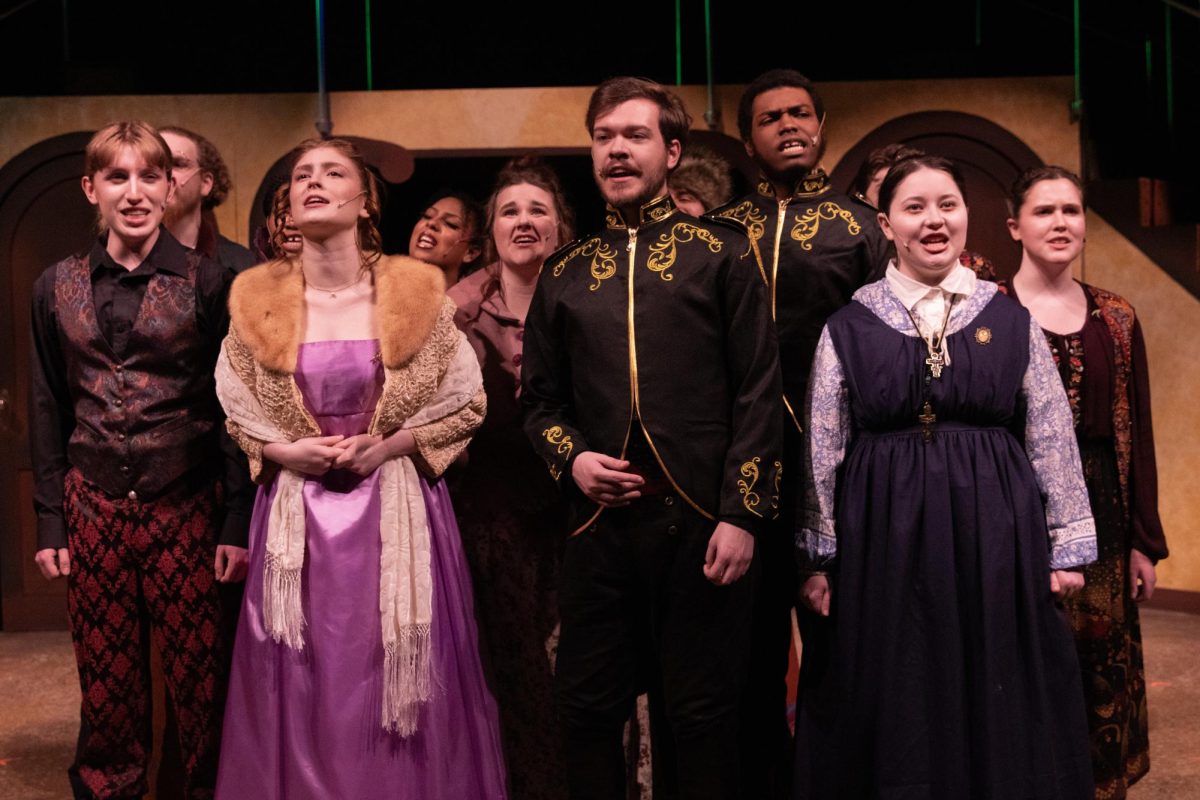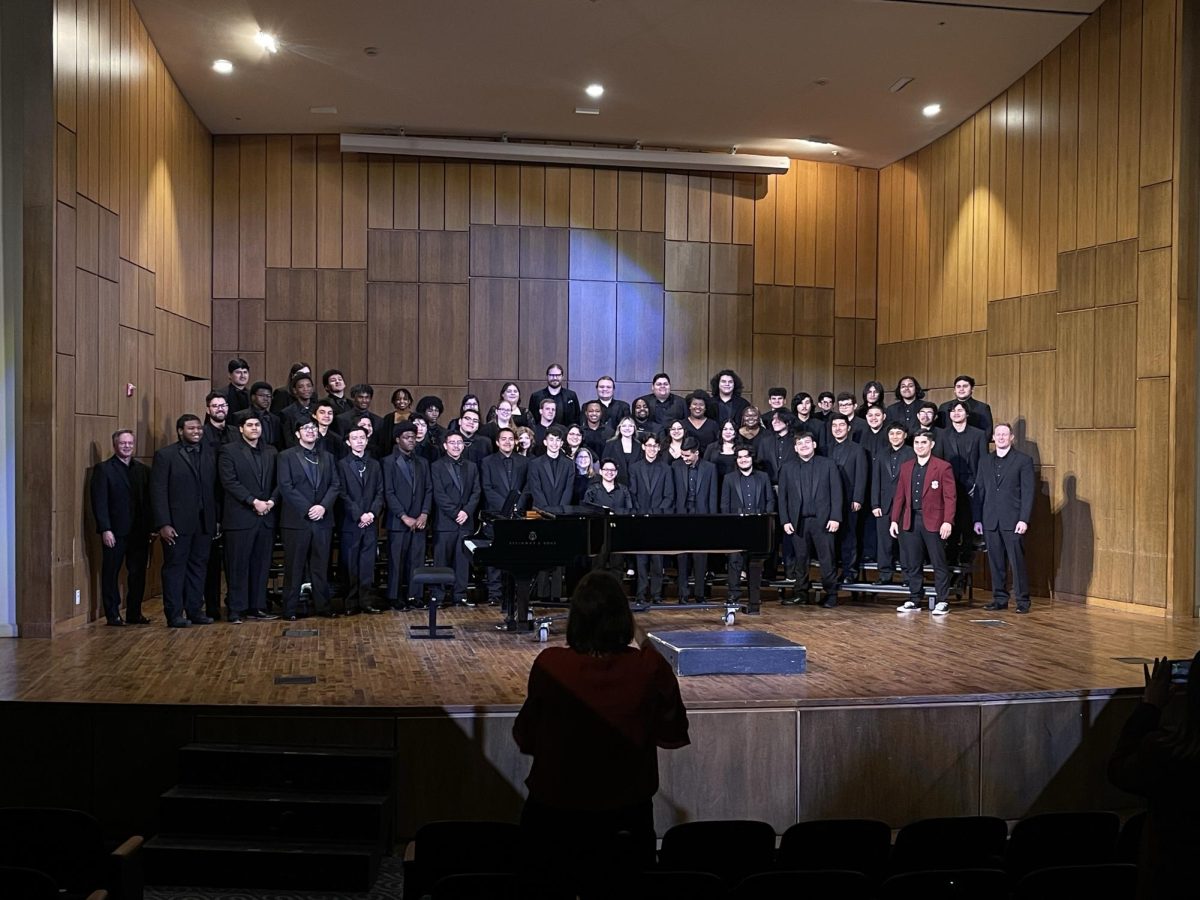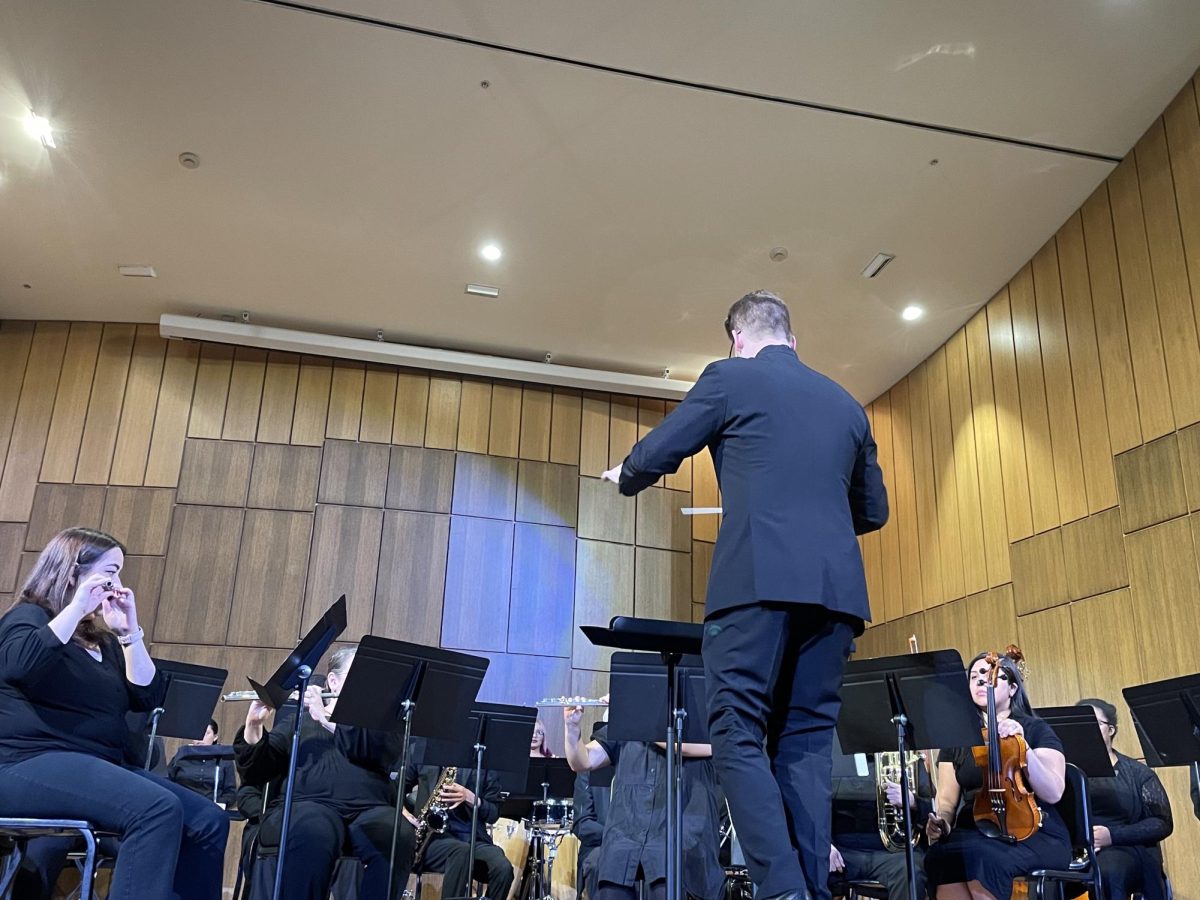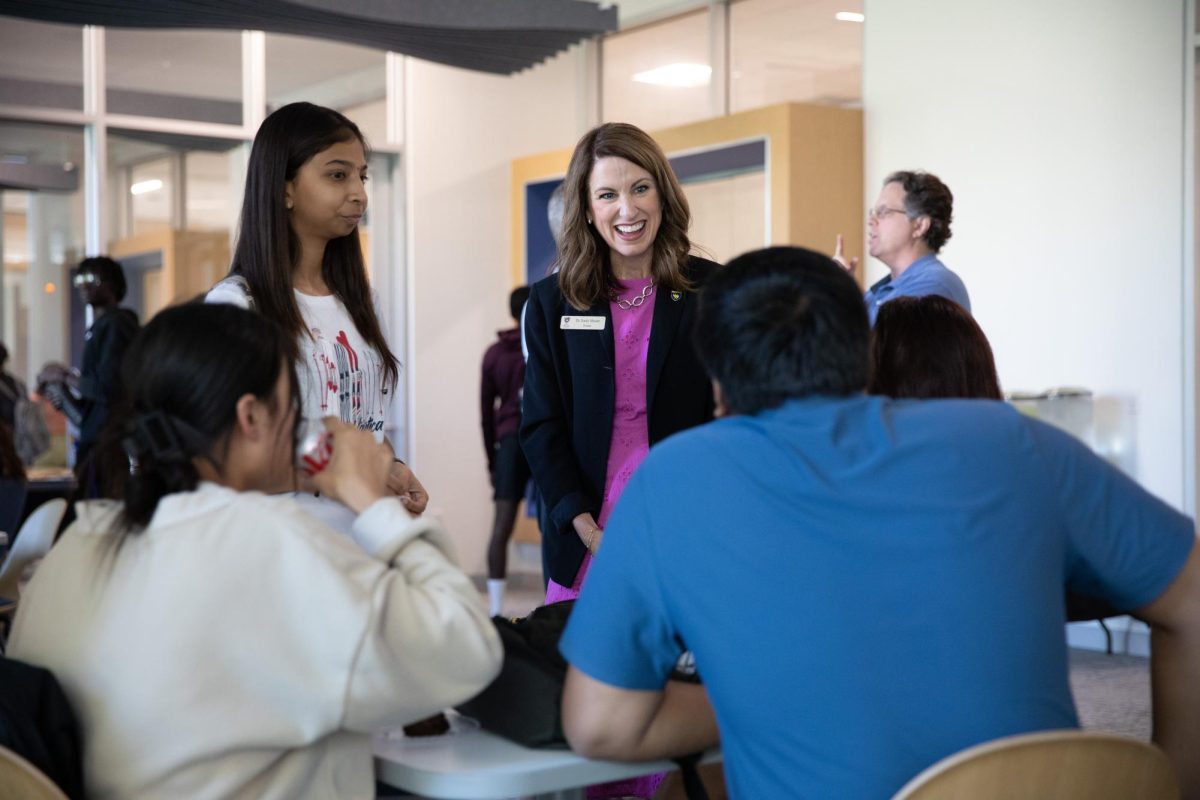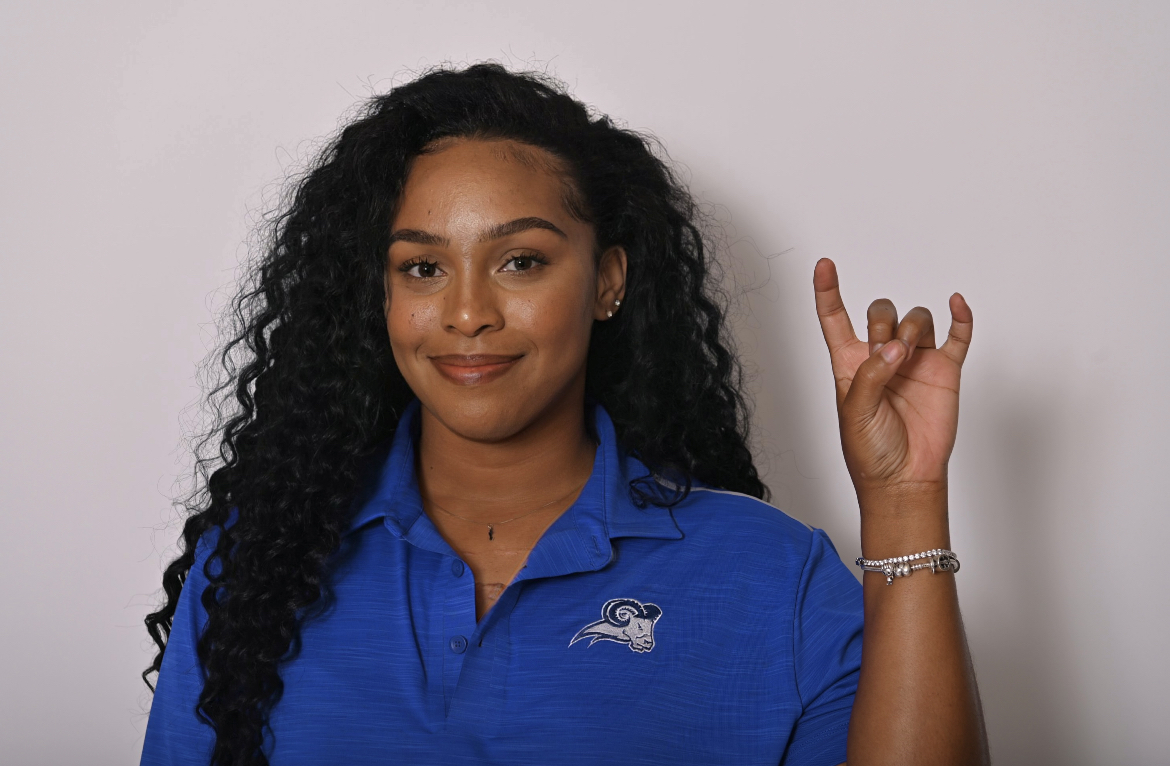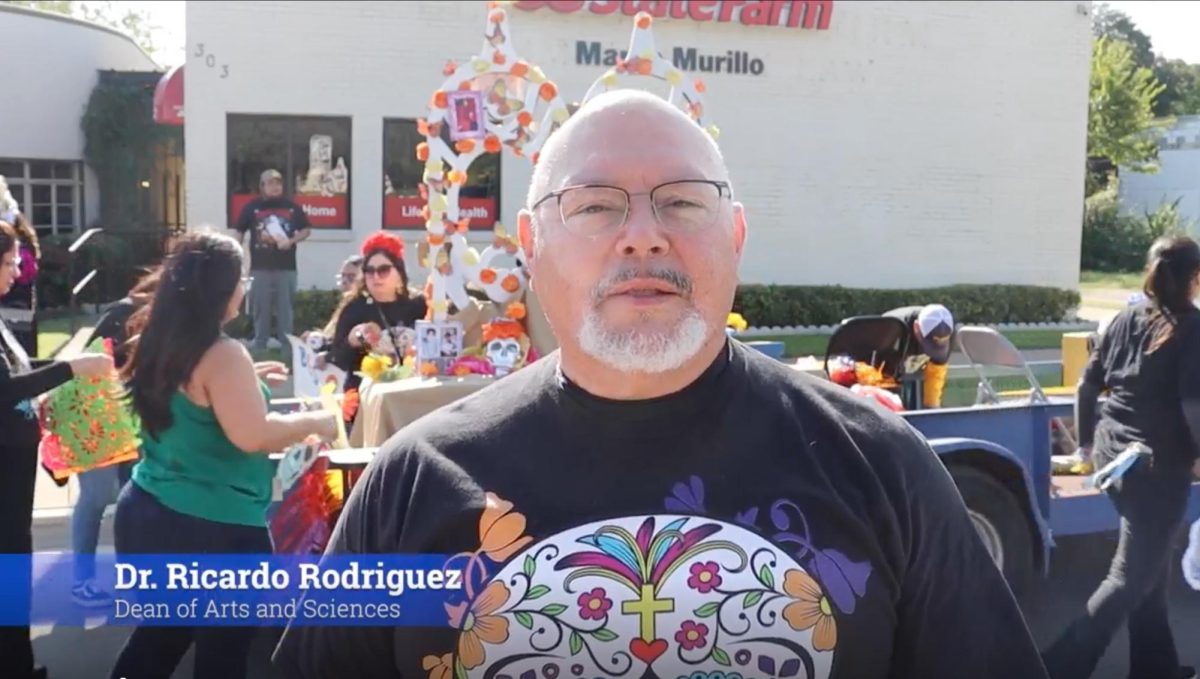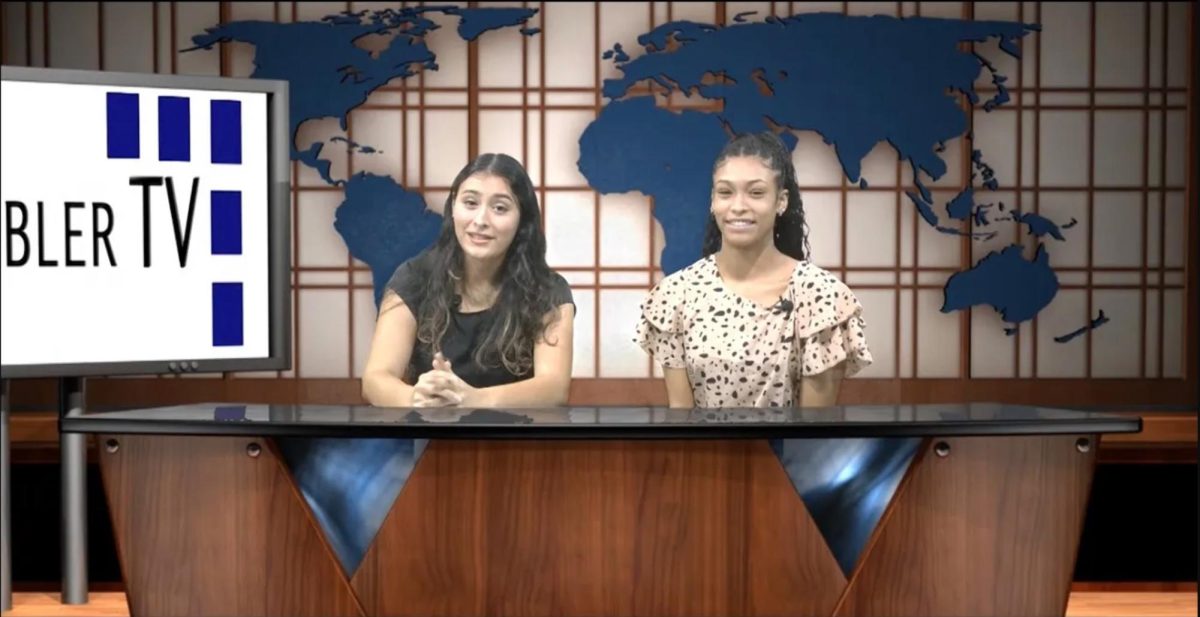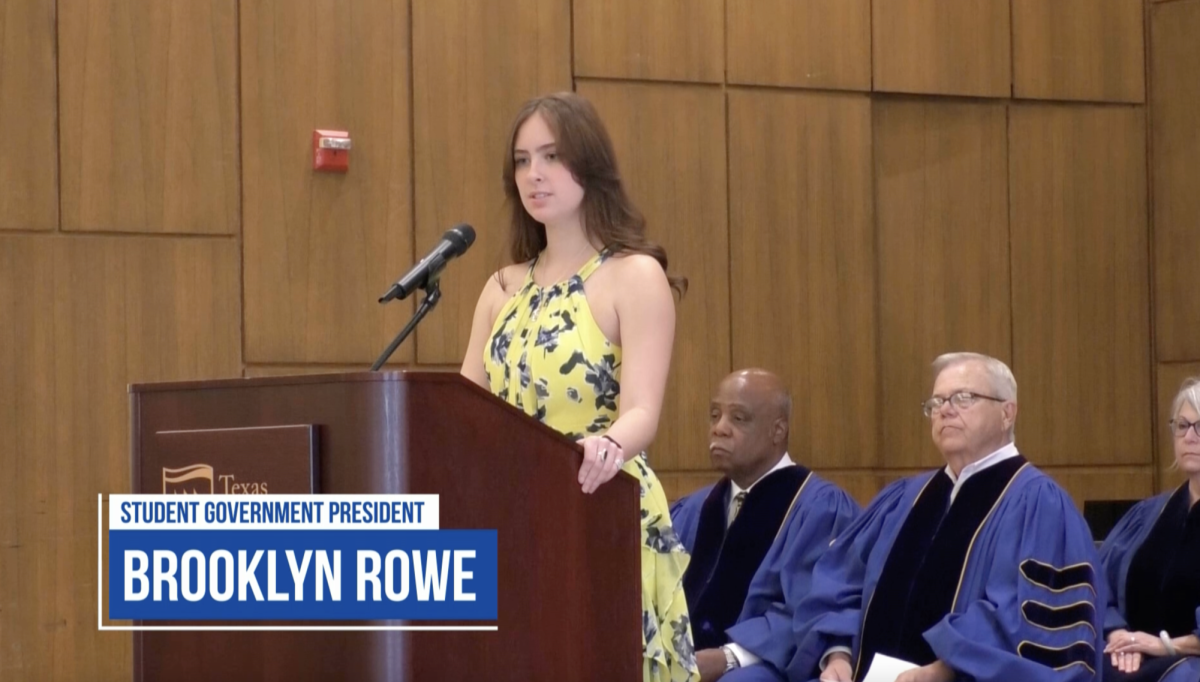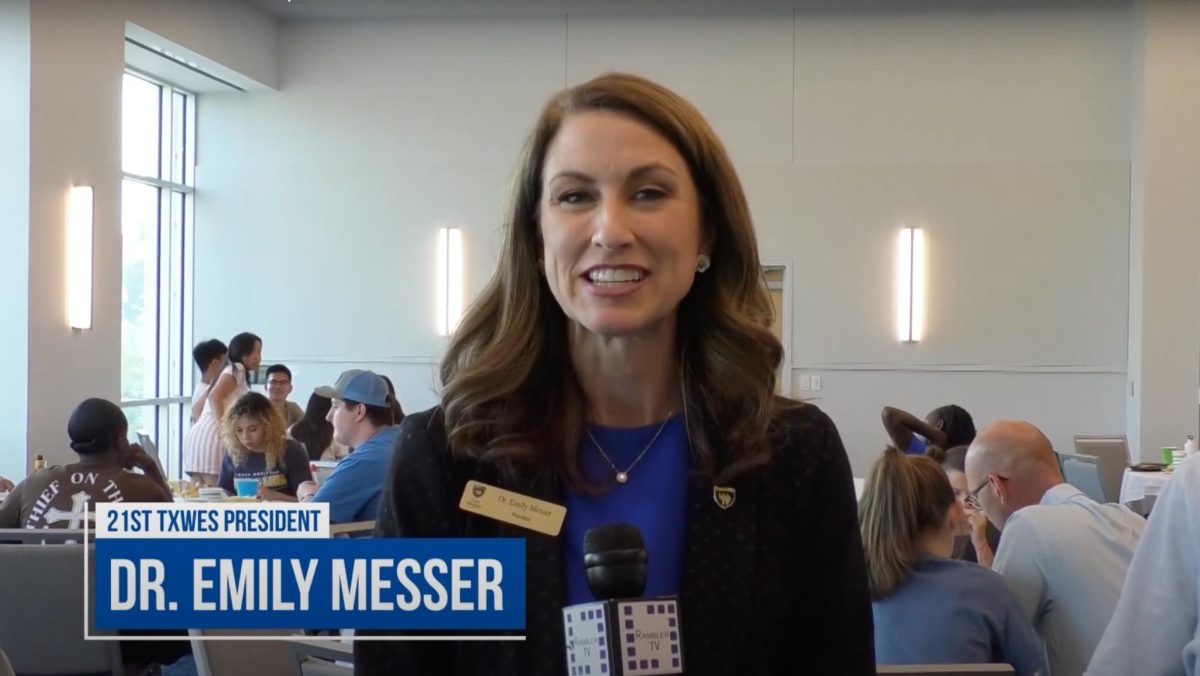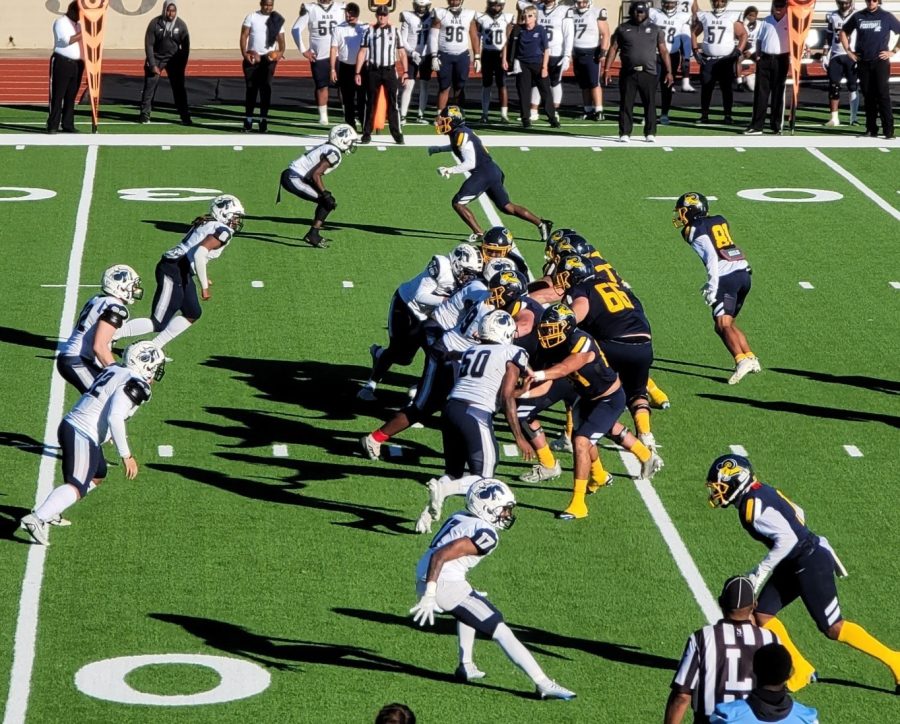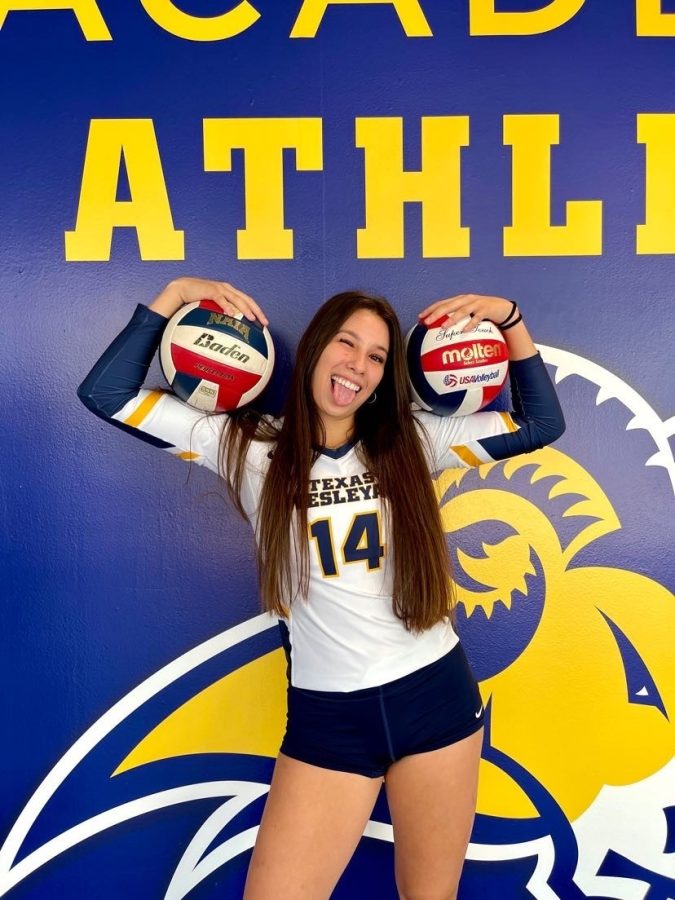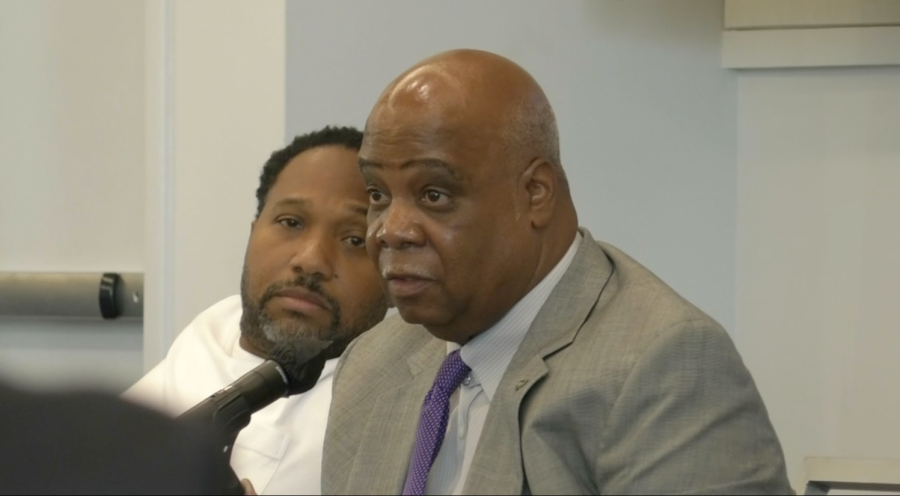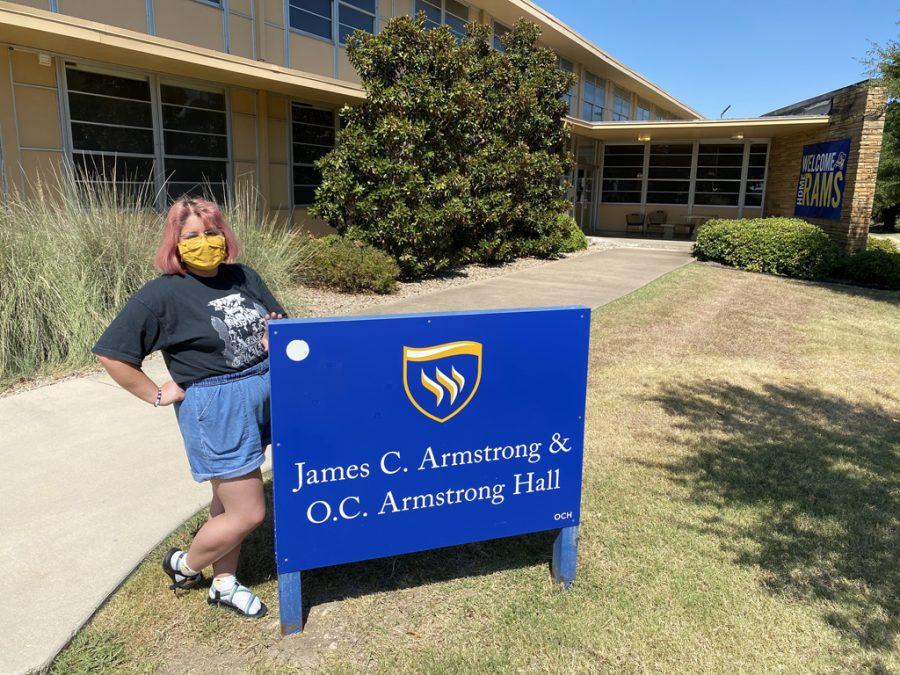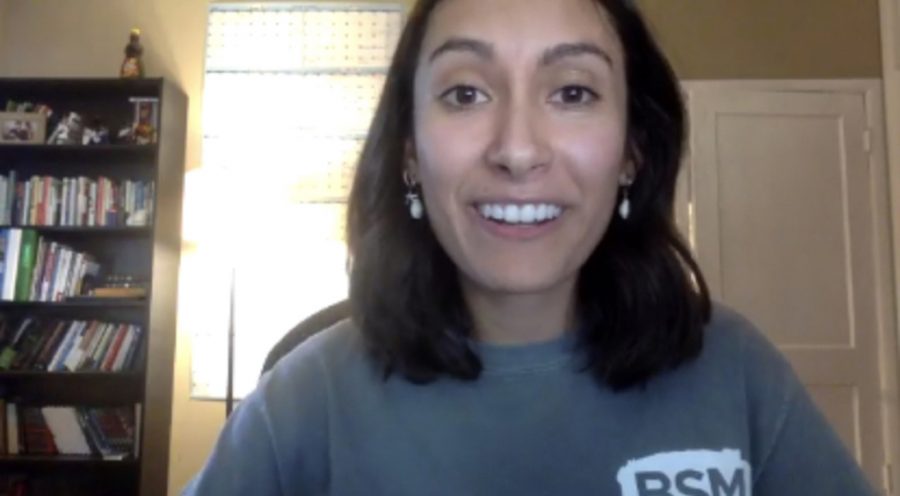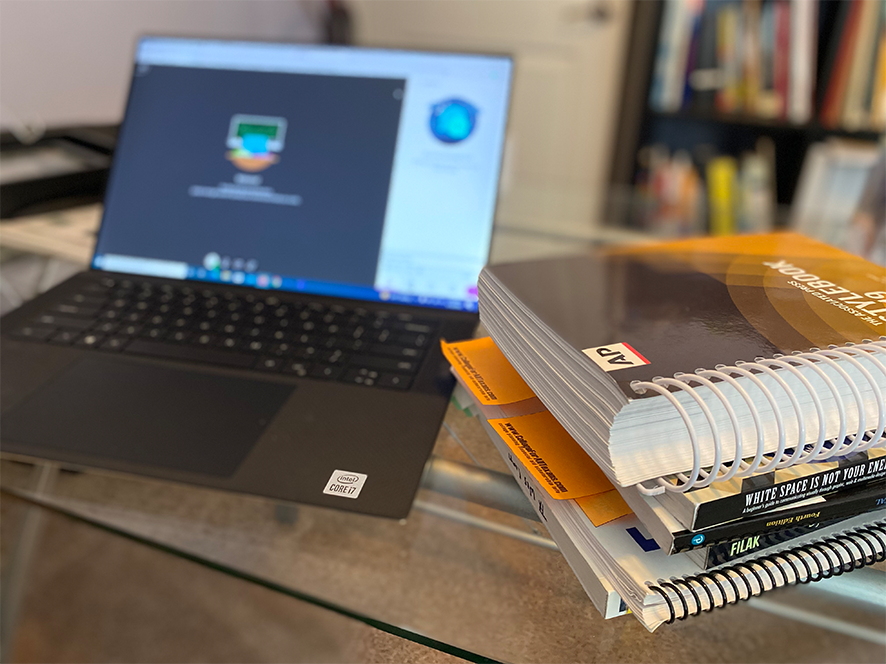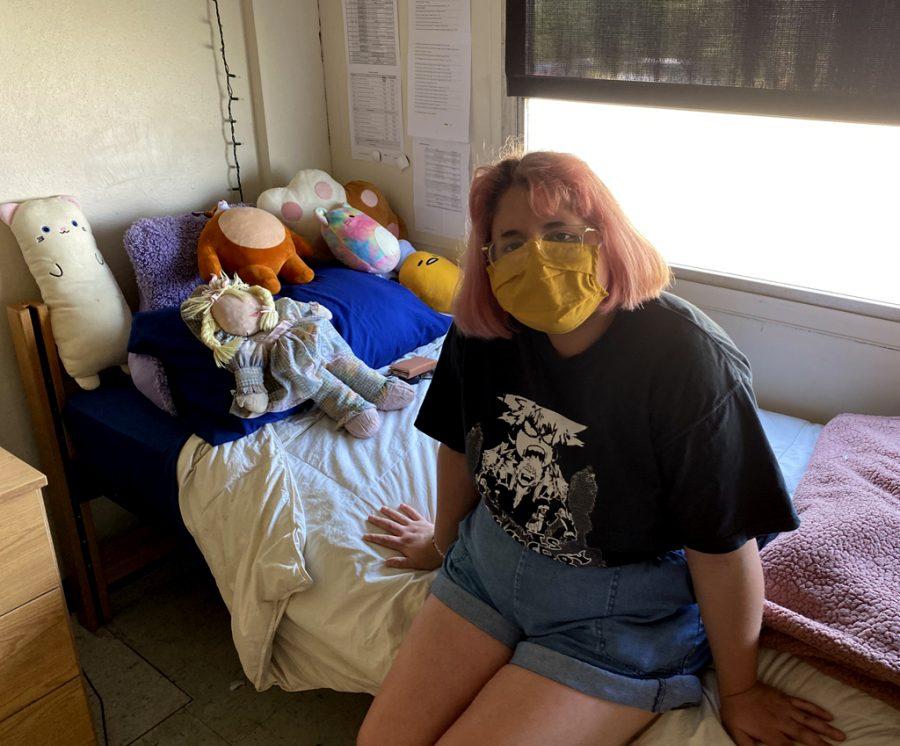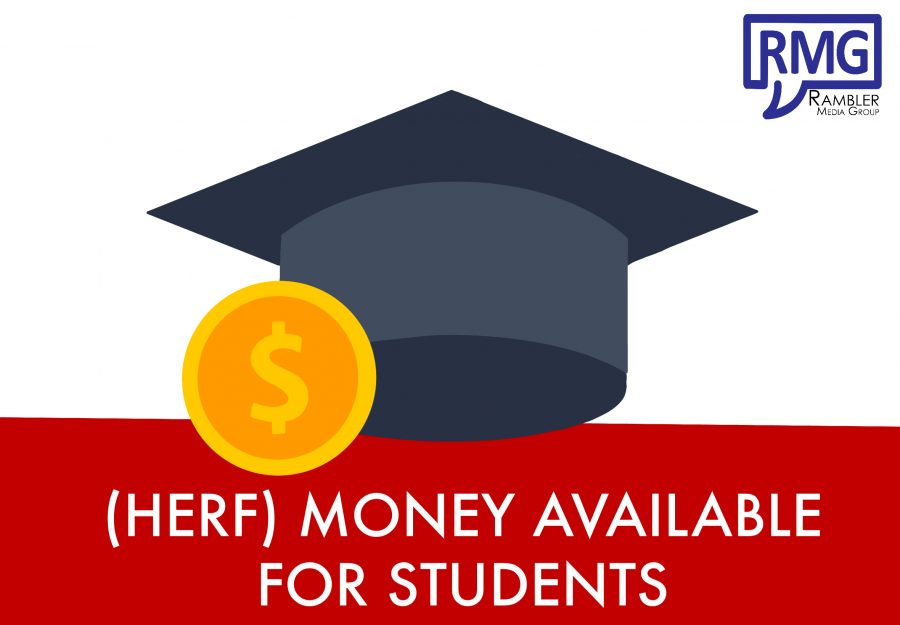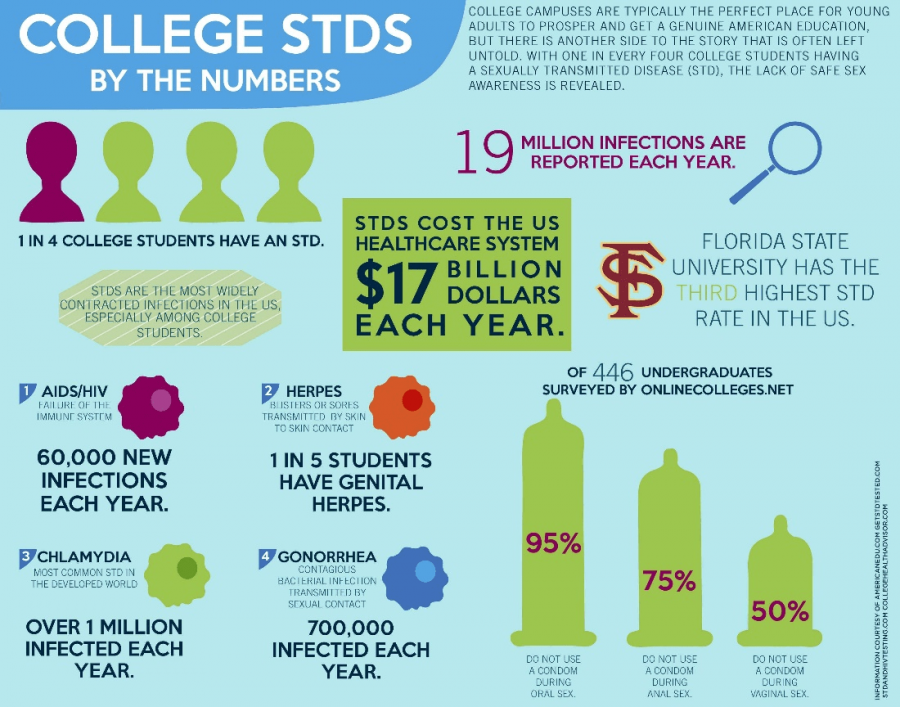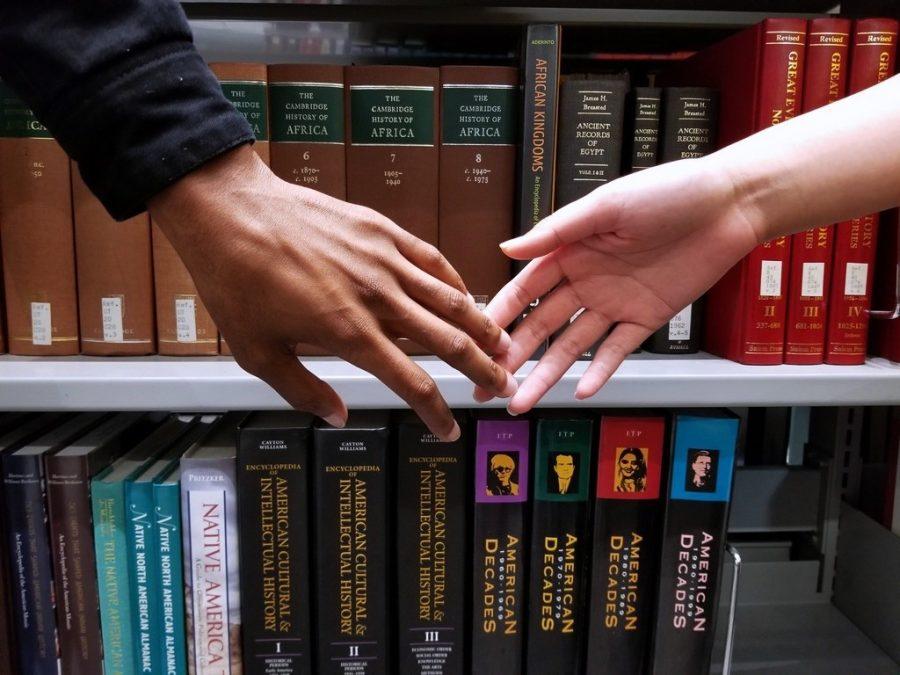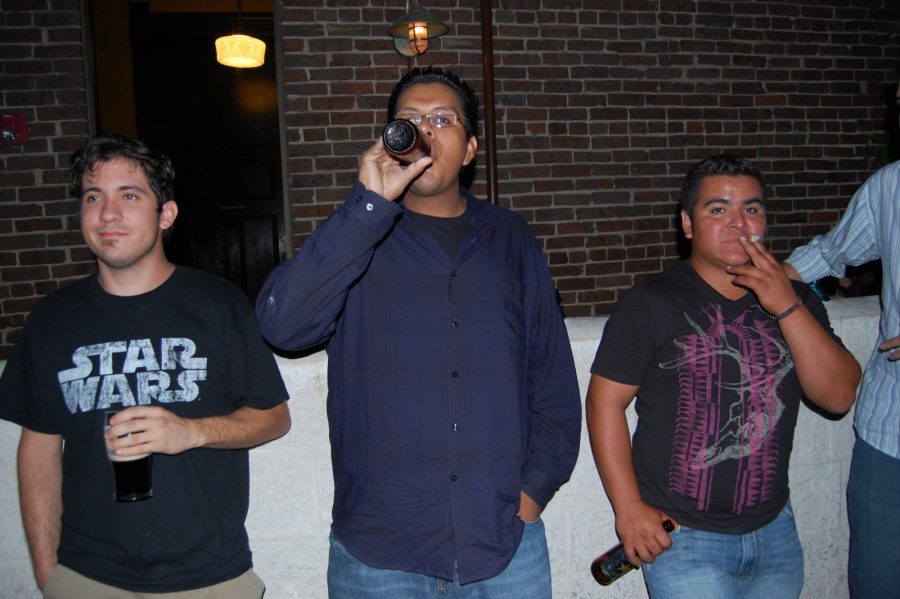While waiting in line for her interview with the U.S. Embassy in Vietnam, Sheryl Vu was restless with worry and nerves.
Vu said the applicant in front of her failed the interview portion, which made her very anxious. “She was another student, so that was very sad.”
“Personally, I know of people, student like me, who wanted to study abroad, and they failed the interview,” said Vu while reflecting on the interview process international students must go through to acquire a VISA.
Vu, a senior psychology major with numerous campus leadership roles, including campus tour guide, head resident assistant and member of Psi Chi, said the interview for a VISA was the most nerve-wrecking part of the nearly year-long period it took for her and many other international students to come to the United States to study abroad.
According to Vu, the process of coming to the United States for school encompasses multiple parts, including applying to schools, interviewing with the U.S. Embassy for a VISA, providing proof of being able to pay for tuition and traveling to the United States.
However, many international students like Vu now face new challenges and setbacks due to COVID-19 in addition to the already time-consuming and rigorous process student applicants face when seeking to study in the United States.
Coordinator of International Admissions and Student Services Norma Vallejo said one of the biggest challenges some international students who are stuck in their home countries right now face is the time zone difference.
“When we’re awake they’re asleep and so they’re watching recorded courses,” Vallejo said. “So, it’s not real time for them to ask questions. If they have that question, they’re having to wait for responses.”
Vallejo said that some of the international students who switched to fully online learning, face other challenges when returning to their home countries.
“I know that some of our students that were here trying to do the face-to-face have decided to go home,” Vallejo said. “They might be in a 14-day quarantine period with no Internet access, so I think some of them are falling behind.”
Sophomore History and Political science major Nadia Pather from Johannesburg, Gauteng in South Africa said she worries about the lack of interaction with professors due to the online learning format as a result of COVID-19 and her being unable to leave her home country.
Pather said COVID-19 still plays an active role in her daily life as Johannesburg works to combat it.
“We still have restrictions on when we can go out, so we have curfews and have to be in our house by 9:00 p.m.,” said Pather. “It’s still pretty locked here as far as restricted.”
Pather said the borders in her country have been closed since the first of October, leaving her unable to come to the United States for the fall 2020 semester.
Pather is not the only international student who has struggled to get into the United States during COVID-19. The decline in international student attendance and enrollment for universities also has a significant financial impact. According to the National Association of Foreign Student Affairs (NAFSA): Association of International Educators, nearly 78% of U.S. institutions anticipate a loss in revenue from a drastic decline in international student enrollment.
The decline in international student enrollment for the 2020-2021 academic year CNBC notes, has already resulted in a $1.8 billion loss in revenue for the United States.
According to NAFSA, approximately $3 billion could be lost in total revenue from across the country. COVID-19 could therefore have a devastating impact on students and universities over an extended period of time.
A decline in revenue for universities is concerning as funding for many school programs, such as athletics and other departments could receive budget cuts.
One important note about the athletic programs is roughly 80% of the student athletes are international students.
Despite facing potential complications with budget cuts and students unable to enter into the United States, Associate head coach for men’s soccer program and Wesleyan alumni Dejan Milosevic, fondly known as Coach Milo to his players, said the team was lucky to avoid having any major issues for the fall semester.
Milosevic said that the international students had to quarantine for a couple of weeks and a few struggled with attending their classes virtually on time, but all the players eventually got to Texas after dealing with closed U.S. Embassies.

Despite some of the challenges the international students on the team have faced, Milosevic was still supportive of the university’s decision to switch to a hybrid learning format and fully online format after thanksgiving break, calling it a “great decision.”
Milosevic said his main concern now is making sure the players are fit and ready for the spring season while taking the necessary safety precautions, including daily temperature checks and maintaining limited interaction with others outside of the team.
“We’re following the guidelines that our trainers and university put in front of us,” Milosevic said. “We can only control what we can control.”
Drawing from his personal experiences as once an international student, Milosevic said that he knows how difficult coming to a new country to study can be, but is confident in his players and everything they’re doing to support them.
“For any student, college life is not easy. But especially for an international student when they come here, it’s a big shock in every aspect,” Milo said. “You have some that swim better than others, they adjust quickly, and some of them struggle.”
Theatre professor and self-proclaimed “Father of international programs” Joe Brown said he worries that international students who live on campus lack of accessibility to places like grocery stores for food. According to Brown, COVID-19 has exasperated the problem as Wesleyan isn’t providing transportation for the students to make up for Fort Worth’s system.
“The city does not have a good transportation system,” Brown said.
Brown thinks there is a lack of understanding regarding the challenges international students face.
“I don’t think our American students necessarily understand that that’s what a lot of these kids are doing,” Brown said.
“Some have family here, some have siblings here, some have come with no support within the United States,” Brown said.
Although all students are dealing with the new reality of COVID-19, the global pandemic has further challenged international students while increasing the complexities of pre-existing struggles they face.
